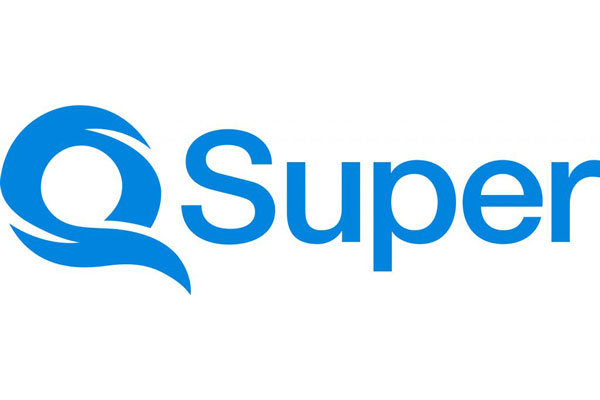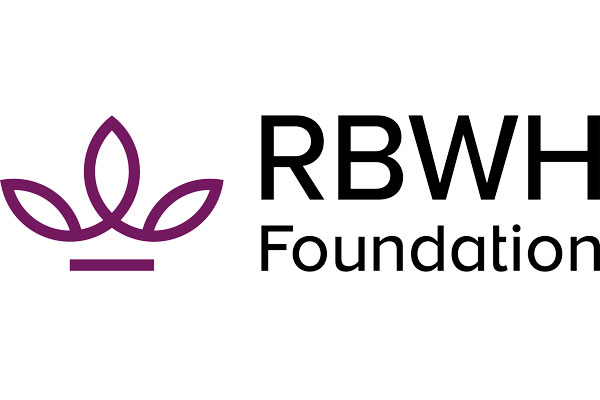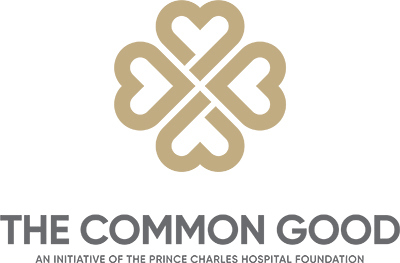The awards attracted 71 phenomenal submissions and showcases the diverse and far-reaching research projects conducted by individual researchers and teams from across Metro North.
Research is vital in driving change in clinical practice to improve patient outcomes, and it was a difficult task to select 20 finalists across seven categories.
Congratulations to the winners and highly commended recipients.
2021 Researcher of the Year
Winner, Professor Ian Yang
Professor Ian Young is known internationally for his dedication to systematically improving lung health function globally. Motivated by improving patient care, he has been instrumental in developing the Airways Disease research program of the UQ Thoracic Research Centre at The Prince Charles Hospital, leading to key discoveries in lung genomics, clinical studies and Cochrane systematic reviews which are cited in international respiratory clinical guidelines.
Increasing recognition of his respiratory research impact has led to invitations to speak at national and international scientific meetings; leadership of the national COPD guidelines; advancement of national lung health initiatives with Lung Foundation Australia; and knowledge transfer internationally on editorial boards.
Professor Ian Yang special interests include chronic obstructive pulmonary disease (COPD), asthma, lung cancer, air pollution and gene-environment interaction.
Highly Commended: Professor Jason Roberts
Rising Star Award
Winner, Associate Professor Henry Marshall
Dr Marshall is one of Australia’s leading researchers in lung cancer screening. He was awarded his PhD in 2015 in the first Australian trial of lung cancer screening (Queensland Lung Cancer Screening Study). This work contributed to successful NHMRC funding for Australia’s second lung cancer screening trial in collaboration with teams in Australia, Canada, UK, Hong Kong, and Spain (The International Lung Screening Trial).
Dr Marshall leads research at the University of Queensland Thoracic Research Centre into smartphone technology to help smokers quit including an NHMRC Investigator Grant to design an artificial intelligence smoking cessation chatbot.
Dr Marshall contributes to national guidelines on lung cancer and smoking cessation, advocates for lung cancer through his work with the Lung Foundation Australia, regularly speaks at national scientific meetings and mentors the next generations of researchers.
Highly Commended: Dr James Walsh
Researcher Support Award
Winner, Dr Jack Bell
Dr Jack Bell is an Advanced Accredited Practicing Dietitian with two decades experience as a clinician, clinical educator, researcher, implementation scientist and clinical service manager. In Dr Bell’s role as Principal Research Fellow, TPCH Allied Health Research Collaborative (AHRC), he co-leads research strategy, capability, and reporting frameworks that have engaged allied health in health services research.
Last year this yielded 44 research higher degrees, seven research fellows, 106 projects led by allied health staff, 14 grants ($944K), 45 published manuscripts, four book chapters, and six awards.
His expertise, mentorship and guidance are sought from clinicians locally, nationally, and internationally. Dr Bell constantly inspires clinicians to explore areas for change and innovative models of care ensuring high value healthcare is provided to patients.
Highly Commended: Professor Norman Morris
Discovery and Innovation Research Award
Winner, Critical Care Research Group
The Critical Care Research Group (CCRG) is the largest multidisciplinary ICU research group in Australasia, based at The Prince Charles Hospital and is a world leader in the field of biomedical engineering and research. With an international standing and collaborations spanning across almost every continent, the CCRG focus is on researching and developing innovative technologies to improve outcomes for the critically ill patient suffering from cardiorespiratory disorders.
The CCRG is committed to finding world-first innovative solutions that will lead to healthier living, improved quality of life, less hospitalisations, more efficient clinical treatment, and investment in the Queensland economy through the commercialisation of technologies developed through outstanding research.
Clinical Research Award
Winner, Less really IS more for lungs – watchful waiting the way to go!
The Prince Charles Hospital’s emergency department research team investigated the management of collapsed lungs (pneumothorax), with 2500 Australian patients annually presenting to emergency departments with the condition.
Since the beginning of the 20th century, management involved inserting a plastic tube between the ribs to drain air that had leaked into the chest cavity. Traditionally, clinicians have been taught that this helped to mitigate the risk of the leaked air accumulating to a potentially fatal extent.
The teams recent study demonstrated that watchful waiting while the body heals itself, can be both safe and effective, even with very large lung collapses. This attributed positively to the patients who were then able to spend less time in hospital which reduced their need for extended time off from work and other commitments. Already sparking international debate, these exciting findings are expected to produce a paradigm shift worldwide in the future management of this condition.
Highly Commended: COVID-19 Critical Care Consortium
Complex Health Challenges Research
Winner, Neuromuscular Diseases Research with a focus on Motor Neurone Disease
Motor Neurone Disease (MND) is a disease that causes progressive muscle weakness with a life-expectancy of two-three years, with no effective therapy. The multi-disciplinary RBWH clinical team provides a quality service to MND patients and integrates with a research team that focuses on finding the underlying cause of MND and effective therapies through the four pillars of research.
These pillars involve biomarkers and clinical trials, and understanding the role of metabolism, cognition, and genetics. There has been a rapidly growing number of RBWH clinical trials, and the research team is acknowledged nationally and internationally as a MND powerhouse. The productivity of the research group is evidenced by the sustainable research growth within the team and the contribution to the overall health care.
Highly Commended: Critical Care Research Group
Health Services and Implementation Research Award
Winner, Metro North Allied Health Translating Research into Practice
Metro North AH-TRIP develops capacity within the frontline allied health workforce to implement evidence-based, meaningful, and effective change to the health service. Metro North Allied Health have been state leaders in embedding AH-TRIP into allied health ‘business as usual’ by funding a dedicated Knowledge Translation Workforce Development Officer (WDO) role to provide education and training, strategic and operational influence, and support with implementation projects.
AH-TRIP is supported by a steering committee of Metro North Directors, Research Fellows, and clinicians.
Achievements to date include the co-development of an online training program (x webinars), tailored delivery of education and training, a dynamic network of over 90 Metro North AH-TRIP champions and supported implementation of over 50 AH-TRIP projects since 2018, with outcomes disseminated and celebrated at national and international conferences, healthcare awards and peer-reviewed publications.
Professor Joan Webster Nursing and Midwifery Award
Winner, Deanne August
Since joining the nursing and midwifery team at RBWH in 2018, Deanne has made a remarkable contribution to nursing and midwifery research in her specialty field of the care of the neonate. Deanne has taken on leadership roles at both the RBWH, Griffith University and now The University of Queensland, mentoring novice researchers and endeavouring to create an embedded culture of research and practice innovation within the Neonatal setting.
As Neonatal Research Coordinator, Deanne’s advanced clinical, research skills and eagerness to engage with and assist fellow researchers, has seen her co-ordinate and support over ten research studies and trials in a single year. She is a strong patient and family advocate whose research focuses on the critical evaluation of clinical practice and aims to limit the frequency of hospital-acquired complications, particularly around medical adhesives and vascular.
Chief Executive Award
Winner, Associate Professor Siok Tey
Dr Siok Tey is a Metro North Senior Staff Specialist in Clinical Haematology and Bone Marrow Transplant within the Royal Brisbane and Women’s Hospital Cancer Care Services.
In 2014, Dr Tey opened the first clinical trial in Australia using a T cell engineering method that she helped develop while in the USA to make bone marrow transplantation safer. Dr Tey started her own laboratory in 2017, where she continues to focus on integrating and translating her expertise in immunology, cell therapy and clinical medicine into novel therapeutics for the treatment of cancer and immune complications arising from bone marrow transplantation.
Dr Tey has published in the New England Journal of Medicine, Science, Nature Immunology, and Lancet Oncology, amongst others. She continues to maintain active clinical practice whilst serving the editorial boards of Clinical and Translational Immunology and Blood Advances.



